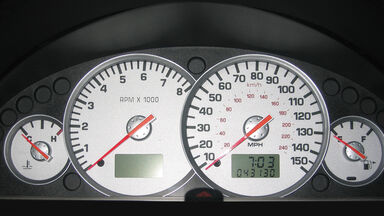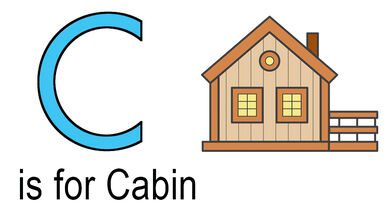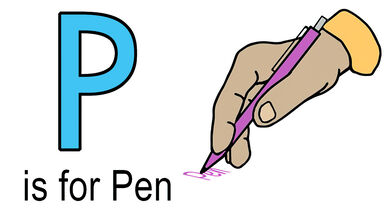A-a Definition
(military) Initialism of antiaircraft.
Alternative form of aa.
(archaic or slang) Have. [between 1150 and 1350, continued in some use until 1650; used again after 1950]
A meaningless syllable; ah.
Allele (recessive)
(military) Initialism of antiaircraft.
Other Word Forms of A-a
Noun
Origin of A-a
Middle English, from Old English ān (“one, a, lone, sole”). The "n" was gradually lost before consonants in almost all dialects by the 15th century.
From Wiktionary
-
From Middle English and Old English lower case letter a and split of Middle English and Old English lower case letter æ.
From Wiktionary
-
From Middle English a, o, from Old English a-, an, on.
From Wiktionary
-
From Middle English a, ha contraction of have, or haven
From Wiktionary
-
From Middle English (Northern dialect) aw, alteration of all.
From Wiktionary
-
From Middle English, contraction of of.
From Wiktionary
-
Unstressed form of on.
From Wiktionary
-
Variant spelling of ah.
From Wiktionary





